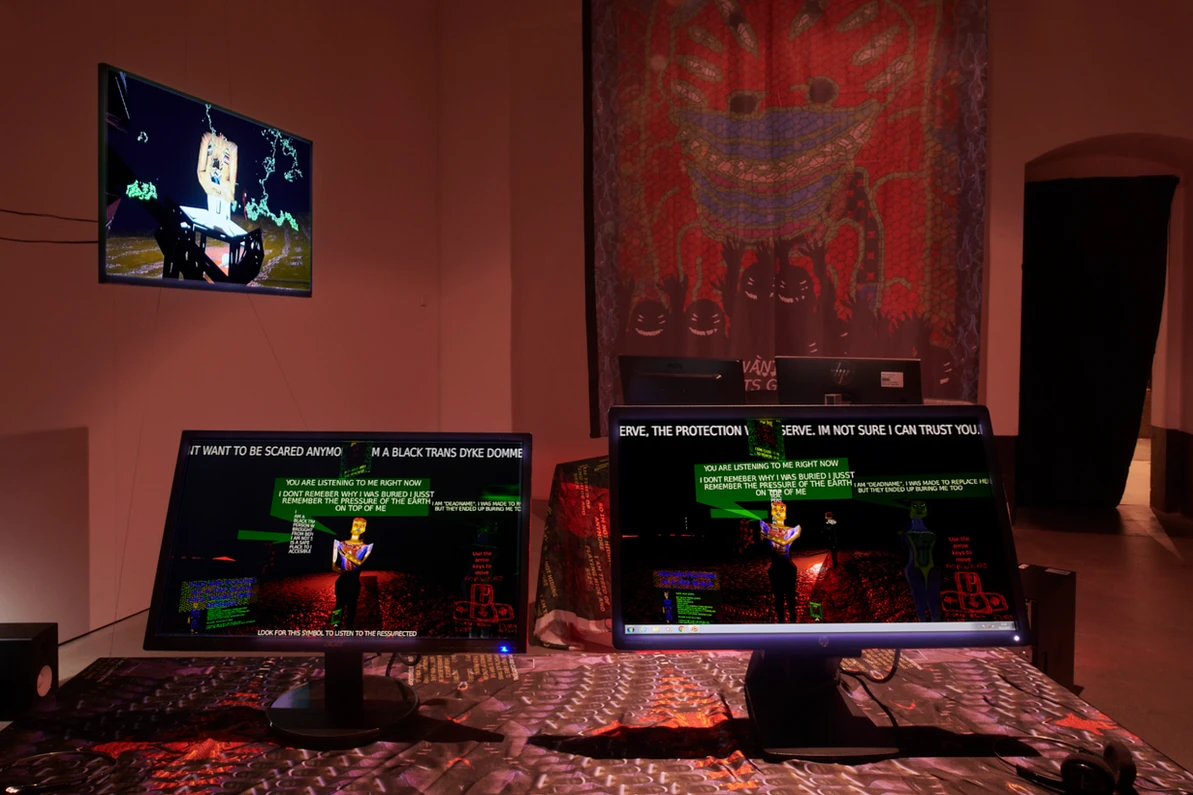M.M.A. -Massive Mesh Ambitions- / Ginga Kondo, Reina Saijo, Tomoko Shimizu, “Inheritance of Memory and Plurality of the Future” English version also available

A media project to speculate and discuss about GHOST IN THE SHELL “M.M.A. -Massive Mesh Ambitions-”
The theme of ISSUE #01 is “The East.”
Ginga Kondo, Reina Saijo, Tomoko Shimizu, “Inheritance of Memory and Plurality of the Future” is now available in English.
Here we present a discussion between artist Ginga Kondo, philosopher Reina Saijo, and media researcher Tomoko Shimizu. The conversation between the three begins with Motoko Kusanagi’s unstable identity, and proceeds to an analysis of representations of technologies such as artificial intelligence (AI), cyborgs, and robots. The discussion they hold while going back and forth between the work and reality also opens up the possibilities of the Ghost in the Shell series. The series has been described as an eclectic, deconstructive hybrid with motifs associated with techno-Orientalism seen in depictions of the cyber worlds and cities, on a foundation of Donna Haraway’s cyborg feminism. Through this reinterpretation, our bodies, society, and technology will also take on different appearances.
Kondo uses various media such as VR, AR, and games to create works of art that explore the relationship between lesbianism and art, and actively communicates her thoughts as a wheelchair user with myalgic encephalomyelitis (ME/CFS) – an incurable disease – and as a sexual minority. With a background in analytical philosophy, Saijo studies feminist philosophy and the ethics of robotics. In particular, she has attracted attention for analyzing robots’ social positioning and ethical concerns from the perspectives of gender and sexuality. Shimizu specializes in cultural and media theory, and is intimately familiar with Haraway’s theory. She has a critical perspective on power relations in global society, and is known for her bold criticism of contemporary art and subcultures.
As they analyze technology through intersecting perspectives including gender, ethnicity, and class, the topic eventually turns to the future of pluralism with AI. Can we liberate technology from the majority and achieve openness toward serendipity and plurality? Envision AI taking on the local context and passing on the memories of the community. In this interview, we explore the potential of these sorts of alternative AI.

